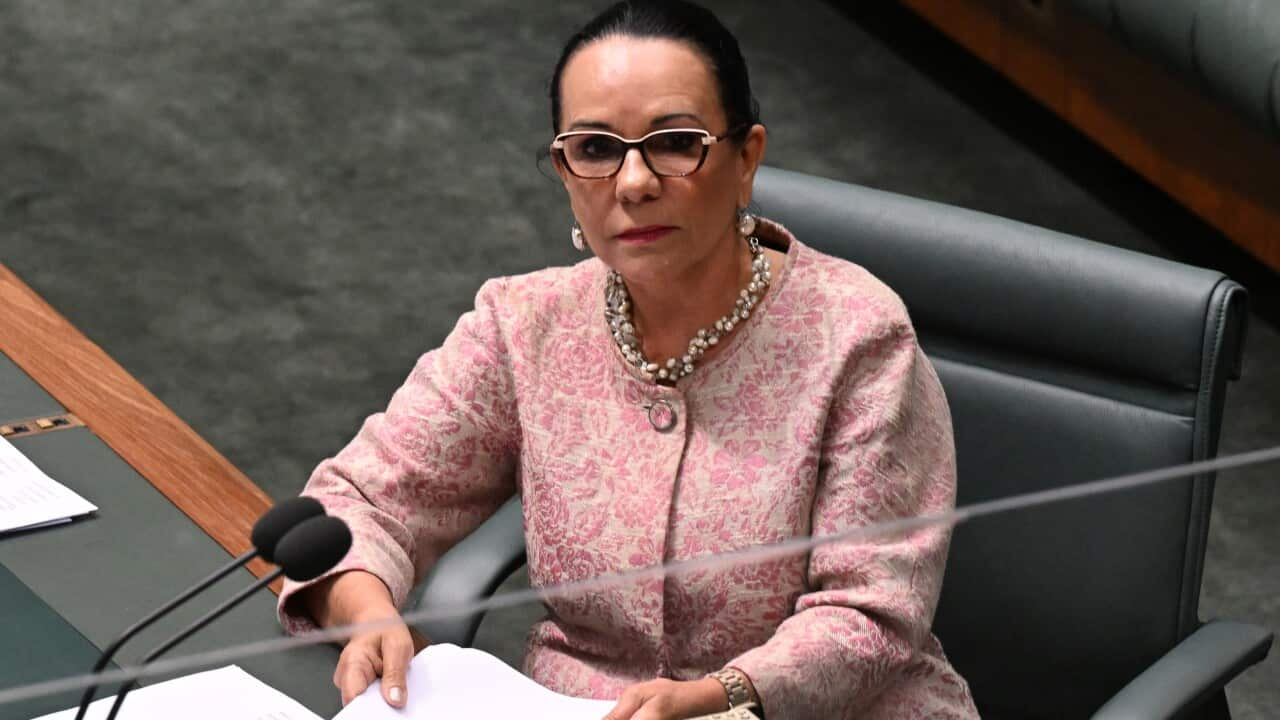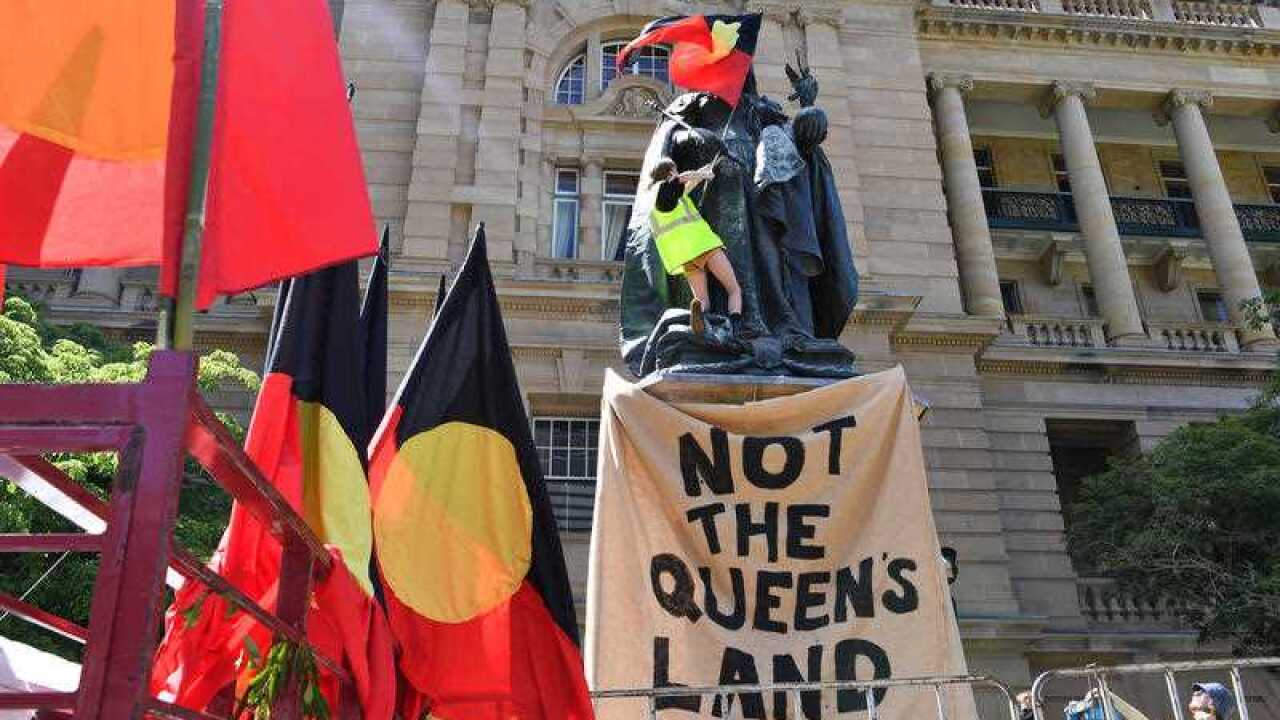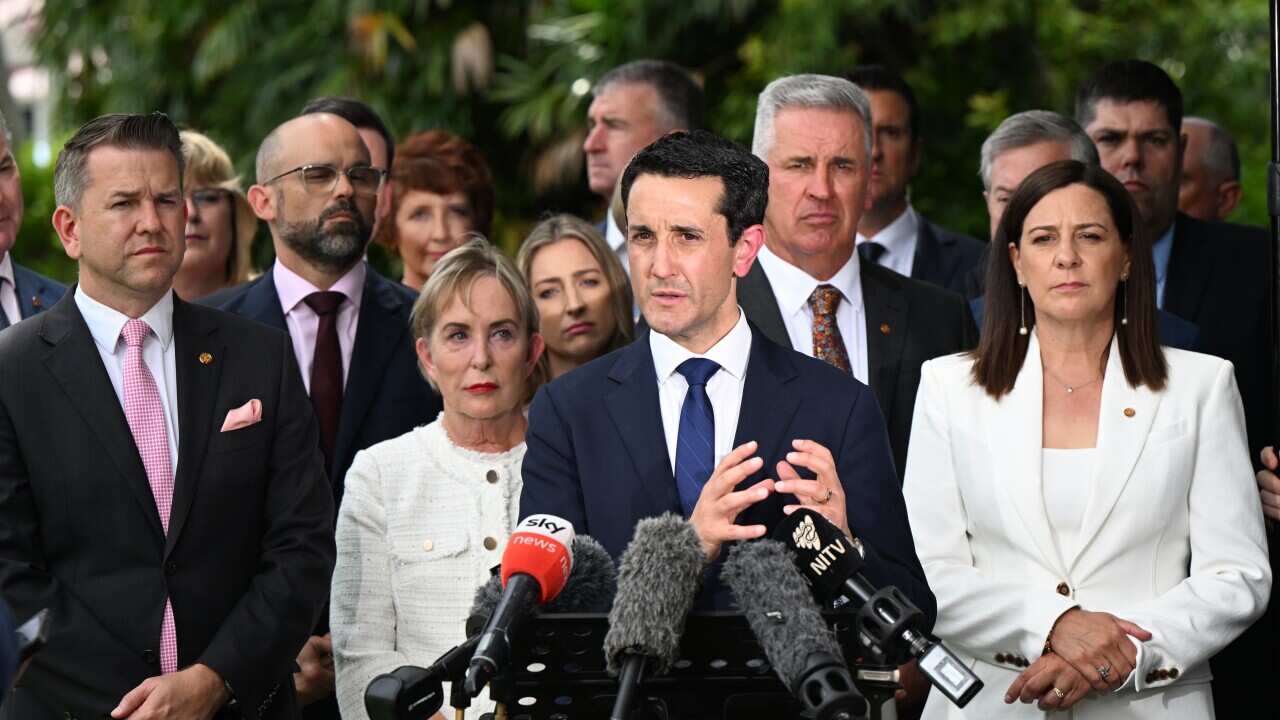This article contains the names of Aboriginal people who have passed.
Linda Burney has honoured the late Aunty Esther Caroll and Aunty Nita Scott during her condolence motion to the Queen Elizabeth II.
Speaking this morning in Parliament, The Minister for Indigenous Australians explained the deep importance of Sorry Business and acknowledged the passing of three women.
"Just this week, I have been to two funerals of women of Elizabeth II's generation. Aunty Esther Caroll in Sydney on Monday and Aunty Neita Scott in Narromine on Tuesday," she said.
"Two extraordinary women, born at a time in this country where they were subject to the horrors of a New South Wales Welfare Board - which rendered every Aboriginal person a ward of the state."
"Both women grew up on Aboriginal reserves and experienced the welfare board.
"They were women of great determination and courage, and like the Queen, full of grace and dedicated to service."
The two extraordinary women
Aunty Esther Caroll was a Wiradjuri woman, and a member of the Ingram family - as is Ms Burney. She moved to Sydney from Cowra NSW, and dedicated her life to the advancement of her people.
She was a key member of the Foundation for Aboriginal Affairs and strongly advocated for the 1967 referendum. Her life as an activist began at only two-years-old at the Day of Mourning protest in 1938.
She passed away in 87.
Aunty Neita Scott was also a Wiradjuri woman from Narromine in western-NSW.
Ms Burney has previously referred to Aunty Neita as a "giant within the NSW land rights movement" who had a "lifelong committment to fighting for us mob".
She was the New South Wales Aboriginal Land Council Councillor for the Central Region from 1988 to 1995, in that time she also served as the Secretary of the Council. For over two decades, she was the Treasurer of the Narromine Local Aboriginal Land Council and also Chairperson.
She was involved in organisations such as the Aboriginal Housing Office, the Aboriginal Housing Development Committee, the Narromine Health Council and the Premiers Council for Women.
She regularly represented NSWALC at the United Nations in Geneva.
A complex history with the crown
The minister didn't shy away from acknowledging the fraught, complex and difficult" history Indigenous Australians' have with the crown.
Beginning the address, Ms Burney acknowledged that growing up she was not counted as an Australian, "not enjoying the same citizenship rights as others".
She acknowledged the legacy of the crown was a "painful reminder of the impact of colonisation".
"The Queen's relationship with Indigenous Australians reflects both how far we have come and how far we still have to go," she said.
"[There are] more steps to be taken on the long road to reconciliation, more steps to truth-telling and treaty - every generation we make more progress."
Ms Burney concluded that it was because of 200 years of powerlessness under the crown, Indigenous Australians were accutely aware of the monarchy's power - and, so was Queen Elizabeth II.
"I believe deeply Her Majesty understood in a very real way the concept of sovereignty never ceded."












